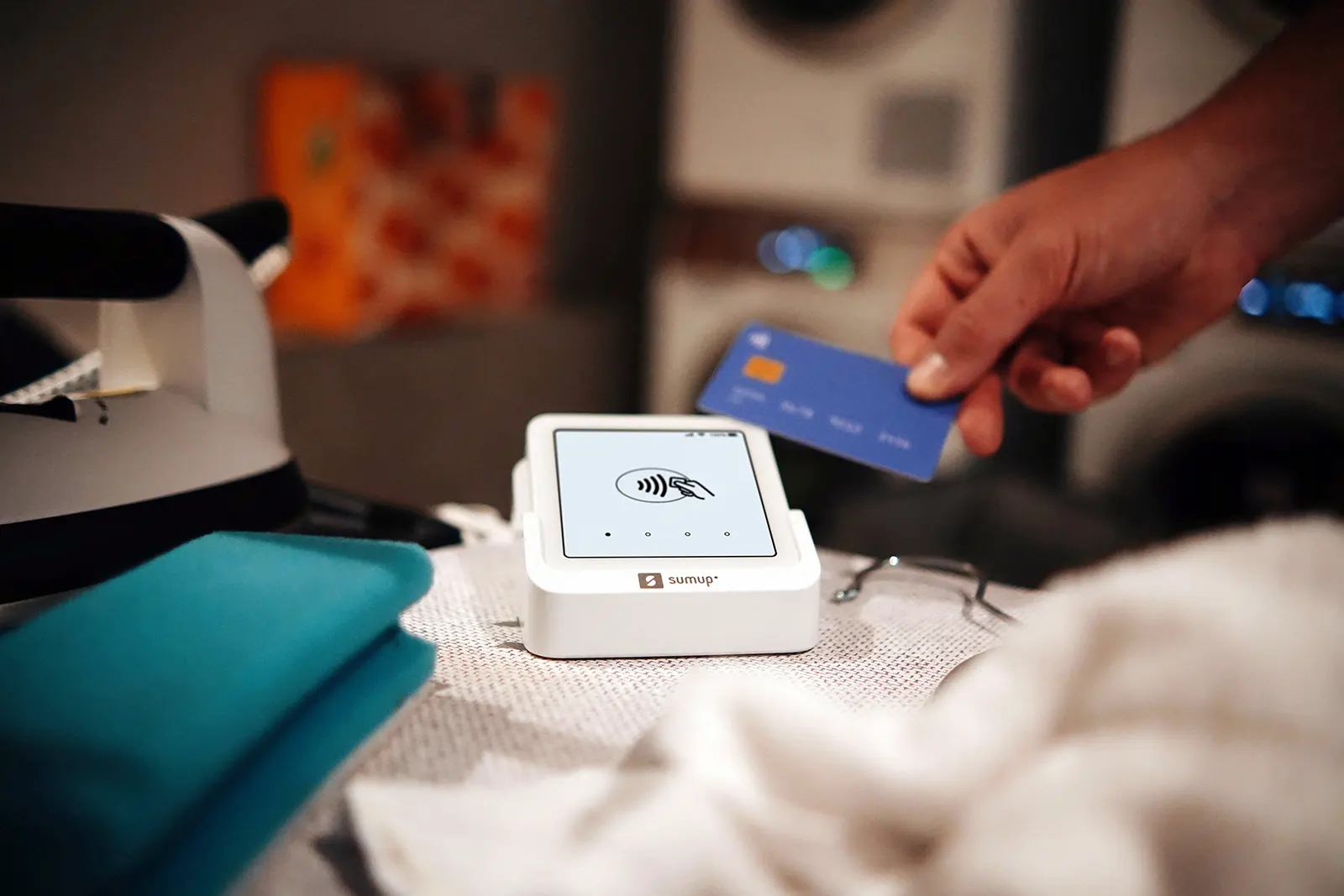Can High-Risk Merchants Get Off the MATCH List?
- May 8, 2025
If you’ve been put on the Members Alert to Control High-Risk Merchants (MATCH) list, your business stands to face some big challenges. It will be challenging to obtain credit card processing privileges. This means a significant hit to your revenue, if not the entire loss of all incoming payments. If you run an ecommerce site or do the majority of your business online, it may be nearly impossible to keep things running normally.
You still have options if you are on the MATCH list. An attorney can help you remove your name from the list, allowing you to return to business as usual. Global Legal is an industry leader in payments processing litigation and can help get things back to normal.
What is the MATCH list?
The MATCH list is maintained by MasterCard worldwide but used by most major payment brands and financial institutions. Visa has a version of MATCH called the Terminated Merchant File (TMF) list. Merchants on the list have had their access to the payment system removed because of violations of network rules and regulations.
Unfortunately, you don’t have to commit serious wrongdoing to end up on the MATCH list. The most common reasons to end up on MATCH are 1) excessive chargebacks, 2) identity theft, 3) transaction laundering, and 4) violation of standards/fraud/illegal transactions. Even if the activities that trigger these codes are largely out of your control, it’s still your business name that ends up going on the list.
Once you’re on the list, it takes five years to be automatically removed. You might not even know you’re on the MATCH list until you try to open a new payment processing file. Only merchant service providers have access to MATCH, and there’s no requirement to let you know you’re on the list.
Processors must check MATCH before every new application, and although they are not required to reject applications from those on the list, they usually do. That’s why it’s vital to your business to find out why you were put on the list and what you can do to get off of it as soon as possible. Working with Global Legal, experienced attorneys in the payments space, can expedite this process.
Are you at risk of being on the MATCH list?
Some of the common MATCH reason codes, such as excessive chargebacks and excessive fraud, are triggered automatically once suspicious activity exceeds a certain threshold. It’s just a matter of math—nothing more. Whether you’re at risk is, therefore, a question of whether your industry is a high-risk industry for these types of activities.
So what’s a high-risk industry? Two examples are online gambling and stock trading. This is partly due to the rush towards these activities during the pandemic. More than ever before, online websites that offered games of chance and access to the financial markets had excessive volume—and therefore, a higher risk of fraud and chargebacks.
High-risk merchants can also receive this label due to certain personal business history, such as accepting foreign currency, a history of fraud, or a poor credit processing history. Being a high-risk industry alone does not necessarily mean you’ll end up on the MATCH list, but it may increase the likelihood compared to a low-risk merchant.
How can you get off the MATCH list?
There are specific procedures for each of the MATCH reason codes to request removal from the list. This is a detailed process that can be made easier by working with an attorney at Global Legal who has successfully advocated for numerous clients to be removed from the MATCH list.
The first step is usually to find out why you ended up on the list. If you did receive a notification letter, it might provide the reason. If you only found out when you put in a new payment processing application, you should ask your Global Legal attorney to help you investigate the reasons.
In general, you can work with an attorney to get off the MATCH list by addressing the reasons for removal. It can take a few months to get things back on track, but every business has unique circumstances and a different set of legal options. Contact Global Legal as soon as possible so this critical investigative and reparative work can begin.
Recommended Posts
-

Federal Court Confirms Payment Processing Contracts with Cannabis Merchants Do Not Violate the Controlled Substance Act, and Are Therefore Enforceable
Background and History Title II of the Comprehensive Drug Abuse Prevention and Control...
Read More -

Chargeback MATCH List | How it Works & How to Get Off
Businesses that accept electronic payments face unique challenges, including cybersecurity, maintaining...
Read More -

How to Maintain Fintech Compliance
The fintech industry is highly regulated [generally at the state level,...
Read More
